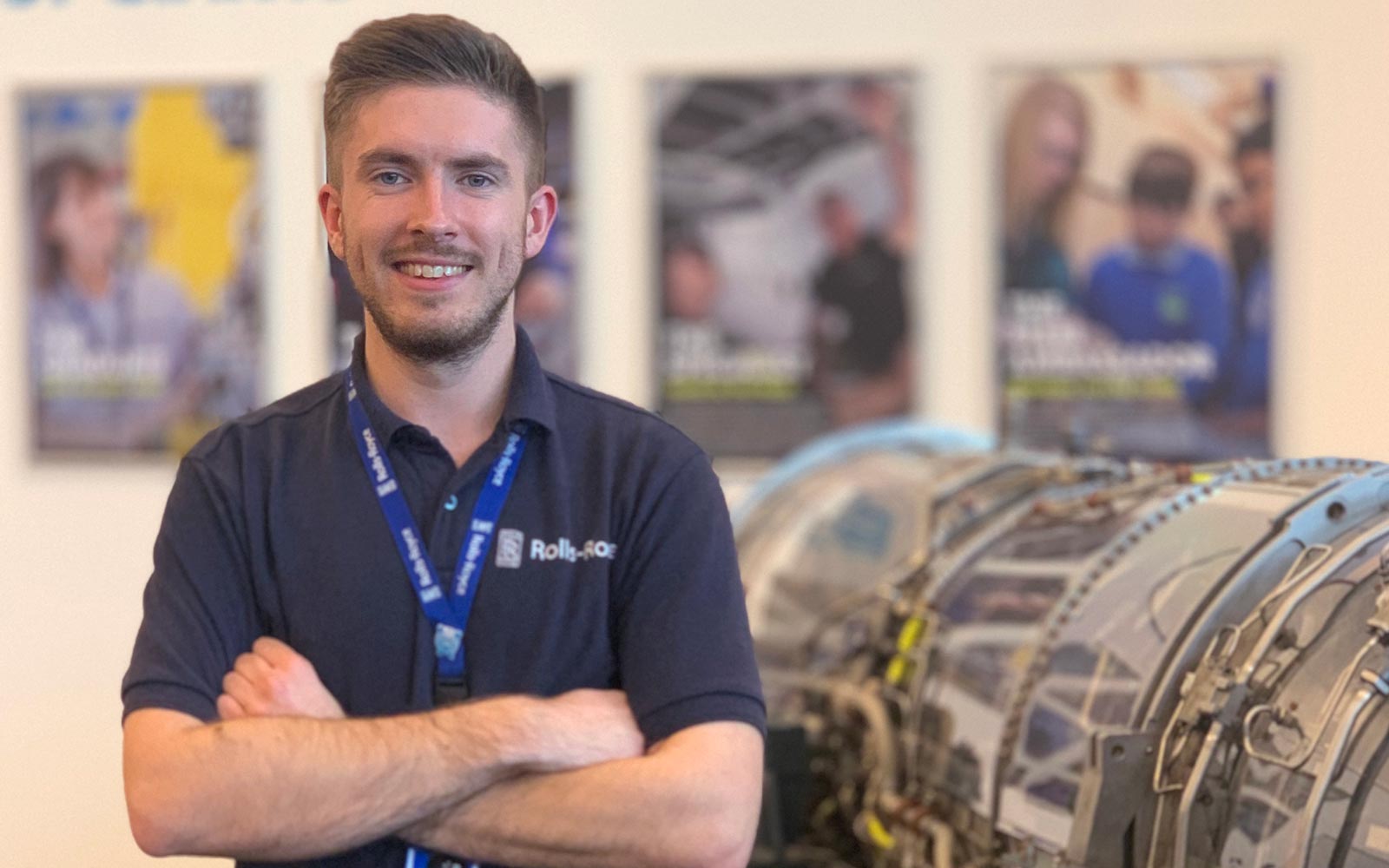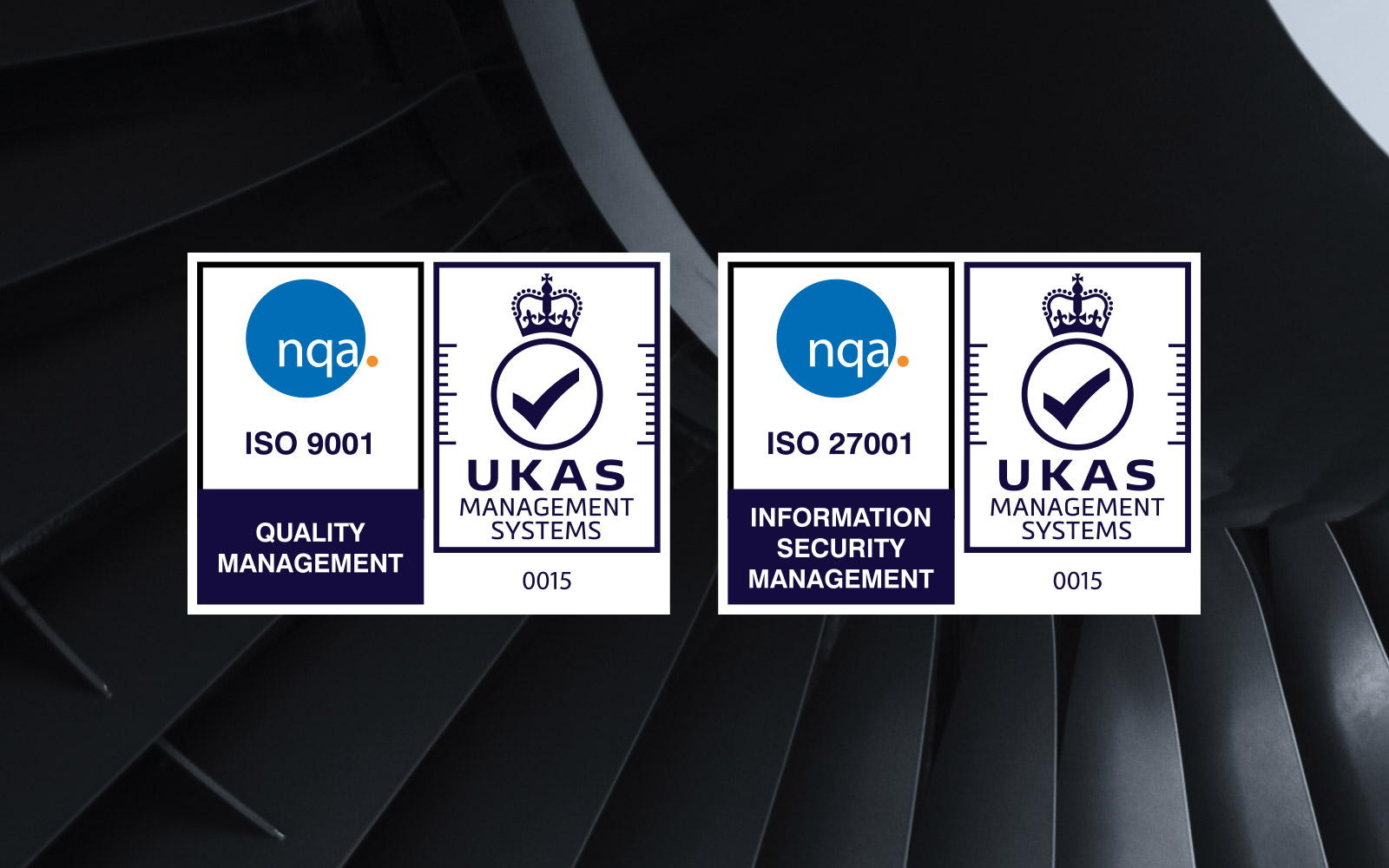International Day of Women and Girls in Science – Q&A with Pippa Warren and Jo Thomas
Today we are celebrating the International Day of Women and Girls in Science and recognising the critical role women play in our industry.
We spoke to two of our consultants, Jo Thomas and Pippa Warren, about their journeys into the technology industry and how they think young women and girls can be better encouraged to pursue STEM careers.
Have you always been interested in science and technology? What sparked your interest?
Pippa: I’ve always been interested in science and technology; I don’t remember a time when I haven’t been curious about how the world around me works. My parents have been very supportive, always encouraging me to build and learn as soon as I showed an interest in it. I can’t imagine myself working in a career that isn’t heavily STEM-based.
Jo: I have enjoyed maths and science from a young age. When I was at junior school, my brother would set me long sums to do to help me develop my skills. He was a natural engineer and would take apart anything he could get his hands on. He even built a Ferris wheel out of Meccano, which was mind-boggling. I watched in horror as he took apart our beloved ZX Spectrum computer and it was a huge relief when he put it back together and it worked. I then developed a fascination for coding watching my brother and decided to try it myself. One of my most vivid memories of junior school is of my favourite teacher helping me build a plane fuselage out of cardboard. He was hugely encouraging. I also spent hours building with Lego. My parents never told me I should be more girly, so I never felt these activities were only for boys.
Were you encouraged to study STEM subjects at school?
P: I received great encouragement at school. I was very lucky to have very supportive teachers, who always made sure I had the space to focus on any project I was working on. I was quite self-motivated, but my teachers ensured I had everything I needed to achieve my goals.
J: Yes, I was encouraged to study science and technology at school. I don’t feel I received any less encouragement than the boys. In my small sixth form the A-level schedule meant students could not do both English and maths, but for me it was an easy to decision to concentrate on maths because it was my passion.
Did you face any challenges when you were starting out your career in the tech sector?
P: I’m happy to say I haven’t faced any barriers to starting my career. Everyone at Aerogility has made me feel very welcome.
J: I was lucky enough to have an amazing female mentor in my first technology job. She was hugely respected in our field, so I never got the sense that women were looked down upon. Women are often in the minority in technology-based roles, but in my opinion it can be advantageous, because you stand out. I hope that young women are not discouraged from pursuing technology careers due to the current lack of gender diversity, but rather see it as an opportunity not only to shine as an individual but also to help balance out a traditionally male-dominated industry.
Do you think there is enough being done at the moment to encourage young women and girls to pursue careers in technology?
P: While STEM remains a heavily male-dominated field, we should be doing more to encourage equality. Giving young girls the resources and encouragement to pursue STEM activities is very important. STEM fields are fascinating and I’m sure there are many girls out there who are as passionate about these fields, but that passion fizzles out when they can’t explore it effectively. There needs to be more spaces for girls to comfortably play and learn to develop their mathematical or scientific ideas with like-minded people.
Many girls might not consider STEM as a realistic career option because there are so few visible female role models. A large number of STEM seniors are male, which can lead girls to believe they will not progress as quickly in their career as men. It’s important for women who are established in the industry to act as role models and mentors and to encourage girls to stay motivated and reach their goals.
J: Currently, there is a noticeable drive in the media to encourage more girls into STEM subjects. I think the main barrier is attitudes that get passed down through families. I have heard six-year old boys voicing negative opinions about girls, and it is likely they have learnt this attitude from older male relatives. I believe as a society, we need to teach young boys and girls a different narrative: that no career path is reserved exclusively for either gender.
What do you enjoy most about your role at Aerogility?
P: I really enjoy the problem-solving aspect of software development; it is what has always drawn me to STEM. Aerogility is such a complex piece of software that it’s a constant process of both learning and developing.
J: I love solving puzzles every day and making our software as neat and efficient as possible.
Most recent news
From SAF to electric aircraft — the role of model-based AI in planning for the aviation future

How Aerogility supports Rolls-Royce with sustainability goals in a ‘nothing short of fantastic’ partnership

Rolls-Royce signs five-year enterprise-wide Aerogility contract
